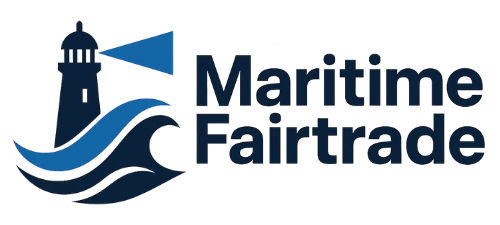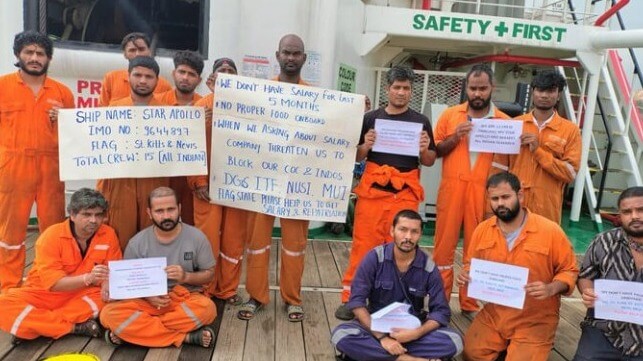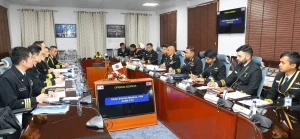India’s Directorate General of Shipping is intensifying efforts to tackle the persistent issue of counterfeit seafarer training certificates, which have been widely sold to Indian mariners by unscrupulous crewing agents. This move is a response to the alarming prevalence of low-quality foreign registries issuing fake certificates that undermine the integrity of the maritime workforce. The new regulations will result in bans for Indian officers and engineers holding such fraudulent documents, while the agents responsible for their distribution risk losing their operational licenses.
Unlike other domestic maritime labor markets, such as the U.S., where seafarers typically obtain licenses directly from national authorities, Indian nationals frequently acquire their STCW certifications from foreign nations—especially since around 80% sail under foreign flags. This arrangement is facilitated by Recruitment and Placement Service License (RPSL) agencies, allowing them to work on foreign ships. However, complications arise when these agencies mislead personnel into using false documentation.
The Directorate has emphasized that some RPSLs have preyed on vulnerable seafarers by offering fraudulent certifications in exchange for their employment with particular agencies. This not only risks the careers of the individuals involved but often coincides with poor working conditions on subpar vessels. Furthermore, some unregistered agents have been known to sell “packages” containing fake course certificates from non-existent maritime training institutions, exacerbating the problem.
The Directorate has mandated stricter enforcement measures, requiring shipowners, managers, and agents to verify that all licensed personnel possess valid STCW certifications from flag states recognized by India. This directive includes stringent checks on the authenticity of course certificates and a clear warning to seafarers about the repercussions of sailing with invalid licenses, which could lead to a two-year disbarment from their profession.
Resistance from less reputable RPSLs is anticipated, with industry leaders voicing concerns over the existential threats posed by these new regulations. One agency CEO indicated that many of these fraudulent operations might face legal consequences, and suggested that vessels transporting crews with counterfeit licenses could be subjected to arrest upon arrival in India.
However, the implementation of these rules may disrupt legitimate licensed crew as well, since the list of approved foreign flag administrations is somewhat limited. Currently, valid foreign credentials are recognized only from a select number of countries, including Malaysia, UAE, South Korea, and several Commonwealth nations, excluding major flags like Panama, Marshall Islands, and Liberia, which could complicate the employment landscape for Indian seafarers and their potential employers.
In summary, while the crackdown aims to enhance the maritime industry’s integrity and safeguard the futures of Indian seafarers, it also highlights the need for comprehensive regulations that adequately address both fraudulent practices and legitimate credentialing processes within an evolving global shipping environment.
Source link










